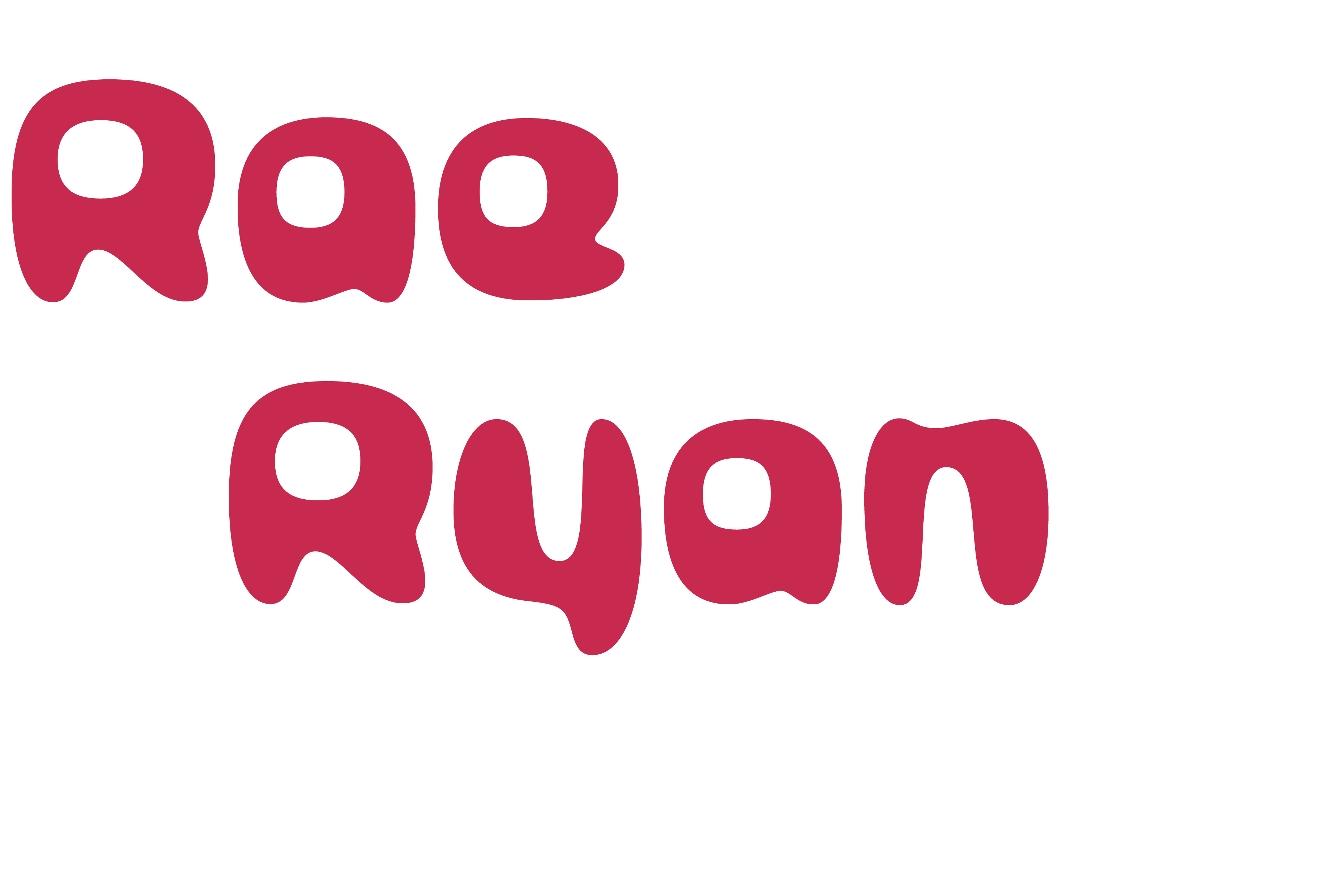When I discovered Simon Jimenez had written a novel before The Spear Cuts Through Water, I knew I had to read it. Published in 2020, The Vanished Birds showcases the same masterful character development and complex storytelling that made me fall in love with Jimenez's work, but this time in a science fiction setting that astutely captures Arthur C. Clarke's quote, "Any sufficiently advanced technology is indistinguishable from magic."
A Universe Where Technology Feels Like Magic
The Vanished Birds takes place in a far-flung future where humanity has spread across the stars. Many people have relocated to space stations, leaving Earth behind, while resource worlds supply the materials needed for this sprawling civilization. The technology in this universe has advanced to such a degree that it's practically indistinguishable from magic—particularly when it comes to something called "fold space," where the ship's crew can take an eight-month journey to a resource world and back while fifteen-years passes in the real world.
Intertwined narratives
The story follows several characters whose lives become unexpectedly connected:
Nia Imani is a ship captain whose job involves traveling between a space station and resource worlds. Due to the peculiar nature of fold space travel, she experiences only months passing during journeys that take years in real time. This means that by the time she completes just a few missions, almost everyone she once knew has either aged dramatically or died—a sacrifice she's made for her career and to run away from her problems.
Before her arrival on the resource world, a boy crashes onto the planet. He doesn't speak and no one knows where he came from. Nia agrees to take him back to the space station, and the always lurking corporation everyone seems to work for.
Meanwhile we meet Fumiko, who designed space stations—a thousand-year-old woman who has used fold space to extend her lifespan. She becomes intensely interested in the boy, believing he possesses the ability to "jaunt"—to instantaneously transport himself anywhere without the need for ships or fold space technology. Having witnessed someone demonstrate this ability once before, Fumiko enlists Nia and her crew to take the boy deep into space, away from a powerful mega-corporation, hoping he'll develop his extraordinary gift.
The characters unaliving me
What makes Jimenez's writing truly exceptional is his talent for creating deeply flawed characters. Like in The Expanse series, the body count can be shockingly high.
The protagonists themselves are complicated people who have made terrible mistakes. Just when you find yourself rooting for a character, Jimenez reminds you of their past and current moral failures. This creates a fascinating dynamic where I was supporting them in certain situations while momentarily forgetting their past failures. As I read, I often found myself thinking, "You're messed up, but in this situation with these other people, you're the least awful option, so I'll root for you... for now."
Themes of guilt, redemption, and purpose
The Vanished Birds explores profound themes that resonate deeply:
- Guilt and redemption: Nearly every character grapples with past mistakes that resulted in others being hurt or killed. They struggle with whether redemption is possible and what form it might take.
- Finding purpose: Characters search for meaning in their lives, sometimes deceiving themselves about their true motivations.
- Corporate exploitation: The novel examines what—and who—is sacrificed for technological advancement. Who pays the price for these innovations, and are the benefits worth the cost?
Despite being written prior to 2020, many of these themes feel startlingly relevant today. As people are leaving the dying planet, they know not everyone has the option to escape, some people will be left behind. We all know who those people are: the people with the least, people who fought back, people with no other options. This feels striking today as we consider leaving this country knowing so many people don't have the luxury of escaping an increasingly fascist government.
But is it gay?
Like in "The Spear Cuts Through Water," Jimenez naturally incorporates queer characters without making their identity a major plot point. The representation feels organic—characters simply exist as they are, adding depth to the narrative without becoming tokens or stereotypes.
Hey Mr. DJ
Music and resonance form a crucial element of the story, particularly in relation to the mysterious boy and his potential jaunting abilities. This thread weaves throughout the entire novel, connecting characters and concepts in unexpected ways. It was a fun and unique quality that kept resurfacing.
Worldbuilding master class
What impressed me most was Jimenez's approach to worldbuilding. Rather than drowning readers in technical explanations, he provides just enough detail to make the universe feel coherent and lived-in. He resists the common science fiction urge to over-explain fictional technologies, instead focusing on their impact on characters and society.
The origins of jaunting, for example, remain mysterious for most of the book. When Jimenez finally offers some explanation in the closing chapters, it's elegantly simple yet satisfying, tying beautifully into the novel's themes and musical motifs.
In the end
If you enjoy science fiction with magical elements, complex characters who are compelling without being conventionally likable, and narratives that tackle profound themes while maintaining a gripping plot, The Vanished Birds is absolutely worth your time. Jimenez has created a universe that feels vast yet intimate, with characters whose flaws and struggles will stay with you long after you finish reading.
Have you read The Vanished Birds or The Spear Cuts Through Water? I'd love to hear your thoughts!
/rae/


